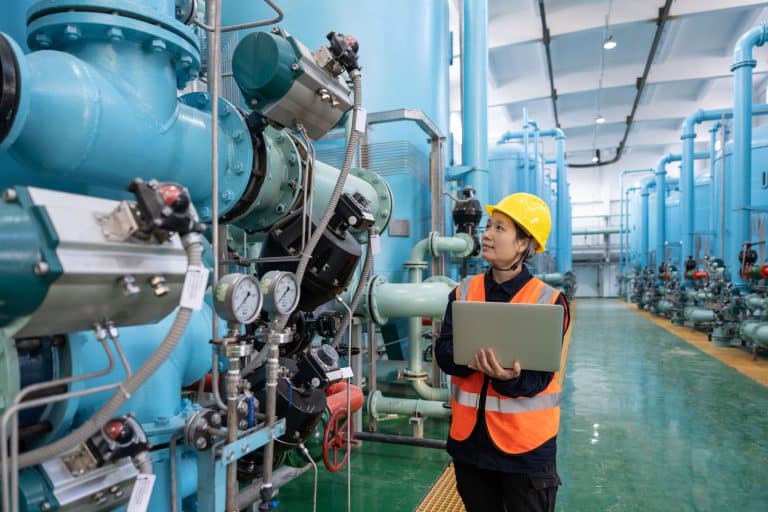
The BACS decree, a genuine tool associated with the Eco-Energie Tertiaire scheme, is designed to help building managers/operators achieve the targets set for 2030, 2040 and 2050.
Key points to remember.
Owners of heating and/or air-conditioning equipment meeting the criteria for liability

Commercial buildings with a heating and/or air-conditioning system with an output of over 70 kW. The obligation applies to the owner of the system in question (whether building owner or tenant).

The operation can be partly financed by energy saving certificates (CEE) by meeting class B or class A criteria(BAT-TH-116). This applies to sites not equipped with a BMS, or equipped with a BMS of class C or lower.
A CEE "boost" is also proposed for the installation or upgrading of a BACS by the end of 2023 (bonus in relation to the announced CEE amount).
Periodic inspection of the BACS must be commissioned by the owner(s) of the system installed:
The technical inspection must include :